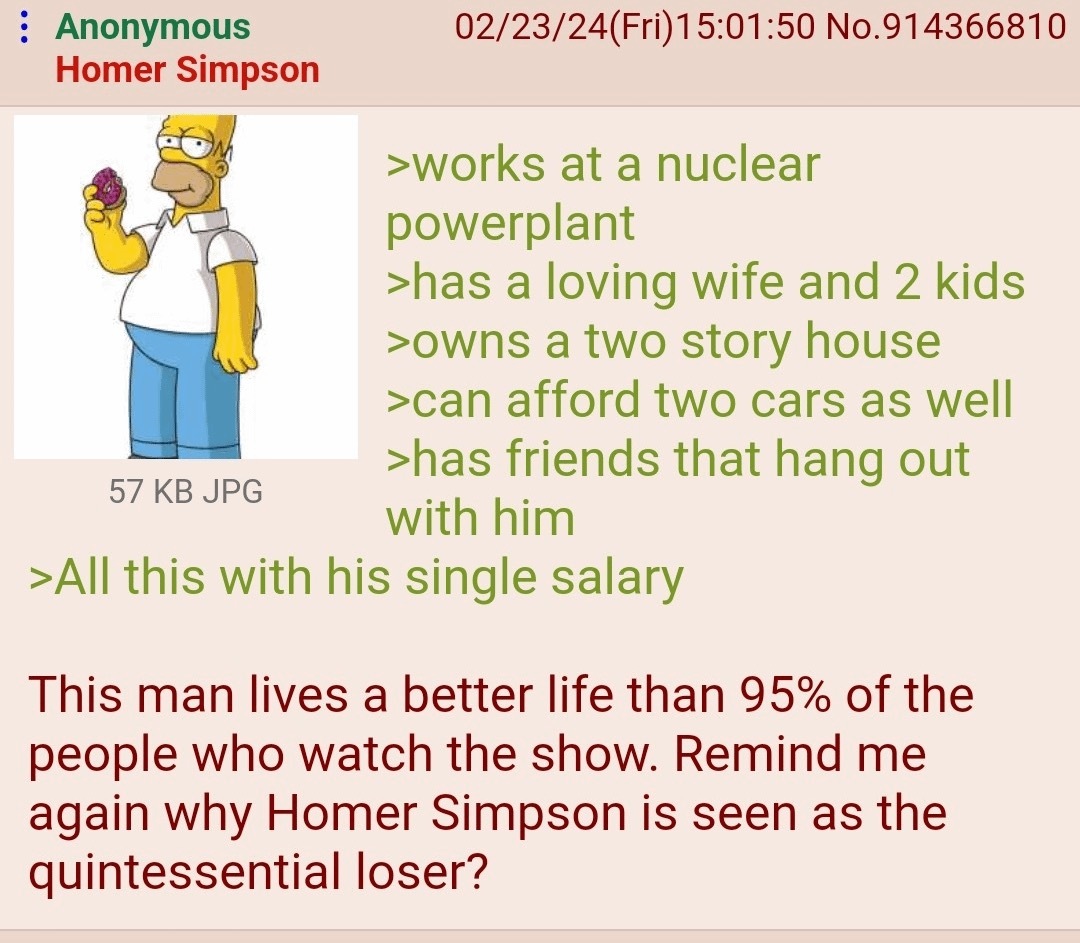this post was submitted on 26 Mar 2024
1078 points (98.6% liked)
Greentext
5212 readers
1525 users here now
This is a place to share greentexts and witness the confounding life of Anon. If you're new to the Greentext community, think of it as a sort of zoo with Anon as the main attraction.
Be warned:
- Anon is often crazy.
- Anon is often depressed.
- Anon frequently shares thoughts that are immature, offensive, or incomprehensible.
If you find yourself getting angry (or god forbid, agreeing) with something Anon has said, you might be doing it wrong.
founded 1 year ago
MODERATORS
you are viewing a single comment's thread
view the rest of the comments
view the rest of the comments

Could you provide some example style manuals that say that?
I can give you a stack exchange: https://english.stackexchange.com/questions/13631/is-an-apostrophe-with-a-decade-e-g-1920-s-generally-considered-incorrect
In your reference, I think this summarizes the issue nicely:
Too also quote:
NY Times seems pretty reputable and they like the grocers' apostrophe, your example is some random person's summary